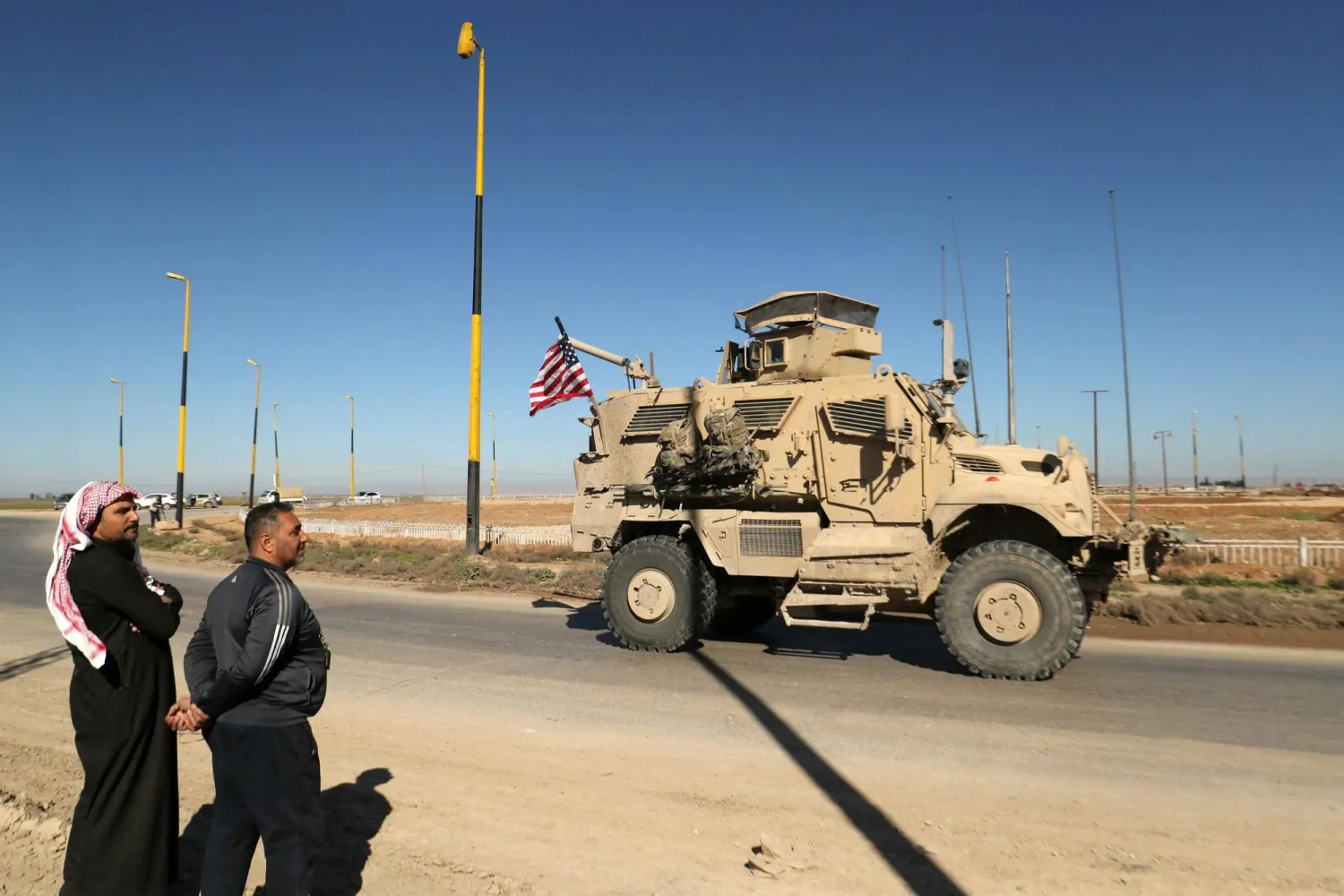Palestinian Bassem Abu Aoun serves Gaza-style turkey shawarma at his restaurant in an eastern Cairo neighborhood, where a growing number of businesses opened by those fleeing war have many dubbing the area "Little Gaza".
"It was a big gamble," said the 56-year-old about opening his restaurant, Hay al-Rimal, named after his neighborhood in Gaza City, now devastated by Israeli bombardment.
"I could live for a year on the money I had, or open a business and leave the rest to fate," he said.
So less than four months after fleeing with his family to neighboring Egypt from the besieged Palestinian territory, he opened his eatery in Cairo's Nasr City neighborhood, AFP said.
The establishment is one of the many cafes, falafel joints, shawarma spots and sweets shops being started by newly arriving Palestinian entrepreneurs in the area -- despite only being granted temporary stays by Egypt.
These spaces have become a refuge for the traumatized Gazan community in Cairo, offering a livelihood to business owners, many of whom lost everything in the war.
"Even if the war stops now in Gaza, it would take me at least two or three years to get my life back on track," Abu Aoun said.
'Wiped out'
"Everything has been wiped out there," he continued.
His patrons are mainly fellow Palestinians, chatting in their distinct Gazan dialect as they devour sandwiches that remind them of home.
On a wall next to his shop was a mural of intertwining Egyptian and Palestinian flags.
"I have a responsibility to my family and children who are in university," said the restaurateur, whose two eateries in Gaza have now been completely destroyed.
Abu Aoun and his family are among more than 120,000 Palestinians who arrived in Egypt between November last year and May, according to Palestinian officials in Egypt.
They crossed through the Rafah border crossing, Gaza's only exit point to the outside world until Israeli forces seized the Palestinian side in early May and closed it ever since.
Although Egypt insists it won't do Israel's bidding by allowing permanent refugee camps on its territory, it had allowed in medical evacuees, dual passport holders and others who managed to escape.
Many drained their life savings to escape, paying thousands of dollars a head to the private Egyptian travel agency Hala, the only company coordinating Gaza evacuations.
War broke out in Gaza on October 7, 2023, after Hamas's surprise attack resulted in the deaths of 1,206 people, mostly civilians, according to an AFP tally of Israeli official figures.
Israel's retaliatory military campaign has killed 43,374 people in Gaza, most of them civilians, according to figures from the Hamas-run territory's health ministry which the UN considers reliable.
'Gaza's spirit'
Opening the restaurant was not an easy decision for Abu Aoun, but he says he's glad he did it.
"I'll open a second branch and expand," he said with a smile, while watching a family from Central Asia being served a traditional Gazan salad.
Nearby is Kazem, a branch of a decades-old, much-loved Gaza establishment serving iced dessert drinks.
Its Palestinian owner, Kanaan Kazem, opened the branch in September after settling in Cairo.
The shop offers ice cream on top of a drink sprinkled with pistachios, a Gazan-style treat known as "bouza w barad", which has become a fast favorite among the Egyptian patrons filling the shop.
"There's a certain fear and hesitation about opening a business in a place where people don't know you," said Kazem, 66.
But "if we're destined never to return, we must adapt to this new reality and start a new life", he said, standing alongside his sons.
Kazem hopes to return to Gaza, but his son Nader, who manages the shop, has decided to stay in Egypt.
"There are more opportunities, safety and stability here, and it's a large market," said Nader, a father of two.
Gazan patron Bashar Mohammed, 25, takes comfort in the flourishing Palestinian businesses.
"Little Gaza reminds me of Gaza's spirit and beauty and makes me feel like I'm really in Gaza," he said.
After more than a year of war, Gaza has become uninhabitable due to extensive destruction and damage to infrastructure, according to the United Nations.
"It'd be hard to go back to Gaza. There's no life left there," he said, taking a deep breath.
"I have to build a new life here."
Palestinians Build New Lives in Cairo's 'Little Gaza'

The Hay al-Rimal restaurant in Cairo's 'Little Gaza' is named for the owner's former Gaza City neighborhood, now devastated by Israeli bombing. Khaled DESOUKI / AFP

Palestinians Build New Lives in Cairo's 'Little Gaza'

The Hay al-Rimal restaurant in Cairo's 'Little Gaza' is named for the owner's former Gaza City neighborhood, now devastated by Israeli bombing. Khaled DESOUKI / AFP
لم تشترك بعد
انشئ حساباً خاصاً بك لتحصل على أخبار مخصصة لك ولتتمتع بخاصية حفظ المقالات وتتلقى نشراتنا البريدية المتنوعة







